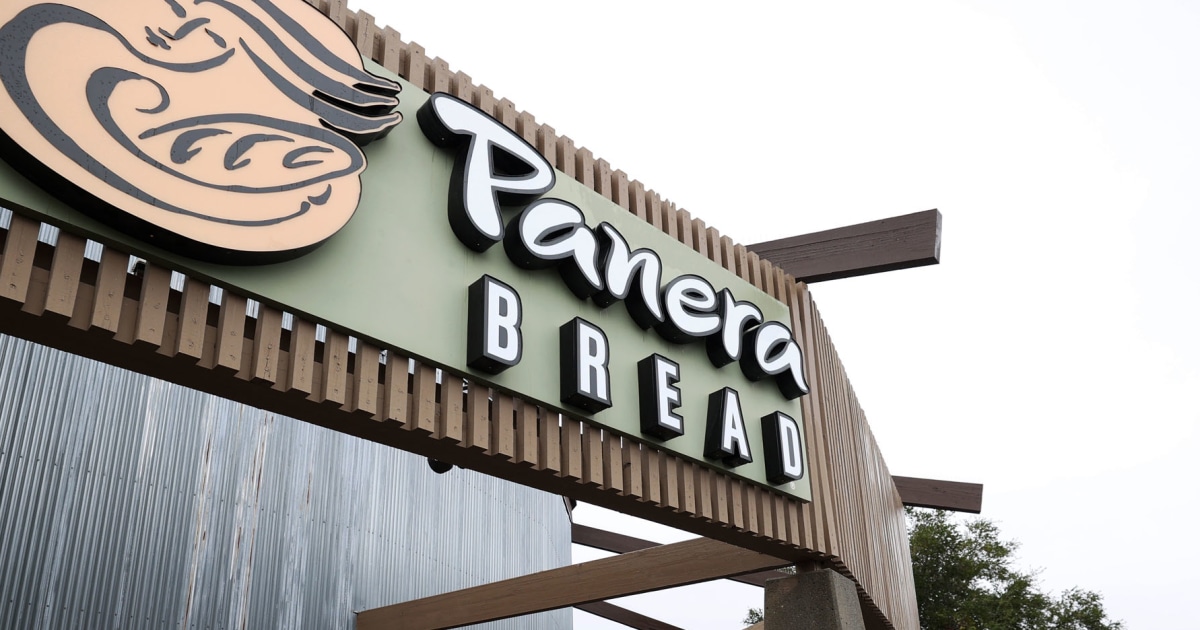Sarah Katz, 21, had a heart condition and died hours after she drank Panera’s Charged Lemonade, a large cup of which contains more caffeine than Red Bull and Monster energy drinks combined.
All Panera Bread restaurants are now displaying “enhanced” disclosures about the restaurant chain’s highly caffeinated lemonade, a spokesperson said Saturday, following a lawsuit that was filed by the family of a young woman who died after drinking the beverage.
Monday’s lawsuit, which was first obtained by NBC News, alleges that Sarah Katz, an Ivy League student with a heart condition, died after she drank Panera’s Charged Lemonade last year.
A large Charged Lemonade contains 390 milligrams — nearly the 400-milligram daily maximum of caffeine that the Food and Drug Administration says healthy adults can safely consume.



wait wait a lady fucking died and they’re getting away with simply enhanced signs??
Well the FDA says the caffeine content is safe for an adult.
For an average healthy adult. That’s what the disclaimers are for, so that those who can’t tolerate it will know about it.
And yes, insufficient warnings should have pretty harsh penalties precisely for this reason
True. As for penalties, some pragmatism is needed lest you create another “everything causes cancer in California” joke.
A warning that’s applied to everything will be ignored by everyone.
Other people posted pictures of the dispensers. It said right on the sign how much caffeine is in it.
The FDA also says brominated vegetable oil is safe for human consumption
So, the FDA isn’t perfect, but they’re reversing their stance based on evidence.
https://www.fda.gov/food/food-additives-petitions/brominated-vegetable-oil-bvo
Looks to me like it is safe in smaller doses?
🤷♂️
Putting up the sign now probably hurts them in a civil suit.
Model (USA) Rule of Evidence 407: Subsequent remedial measures are not admissible as evidence to prove negligence, culpable conduct, a defect in a product or its design, or a need for a warning or instruction.
But the court may admit this evidence for another purpose, such as impeachment or — if disputed — proving ownership, control, or the feasibility of precautionary measures
EDIT: I’m not looking up the contextualing comments that accompany the rule, but I will share what I remember from law school many years ago: this rule exists for public safety. You don’t want to penalize fixing a dangerous situation, regardless of the facts of any specific case.
This comment is completely correct. This rule would apply here.
But it does alleviate them from a second suit.
Maybe they’d like for people to not be harmed by their lemonade for the sake of not hurting people, more than money. That’s a lot to believe about a corporation though.
Maybe they genuinely don’t want anyone else to die
Well this is like, how you do not eat things you are allergic too.